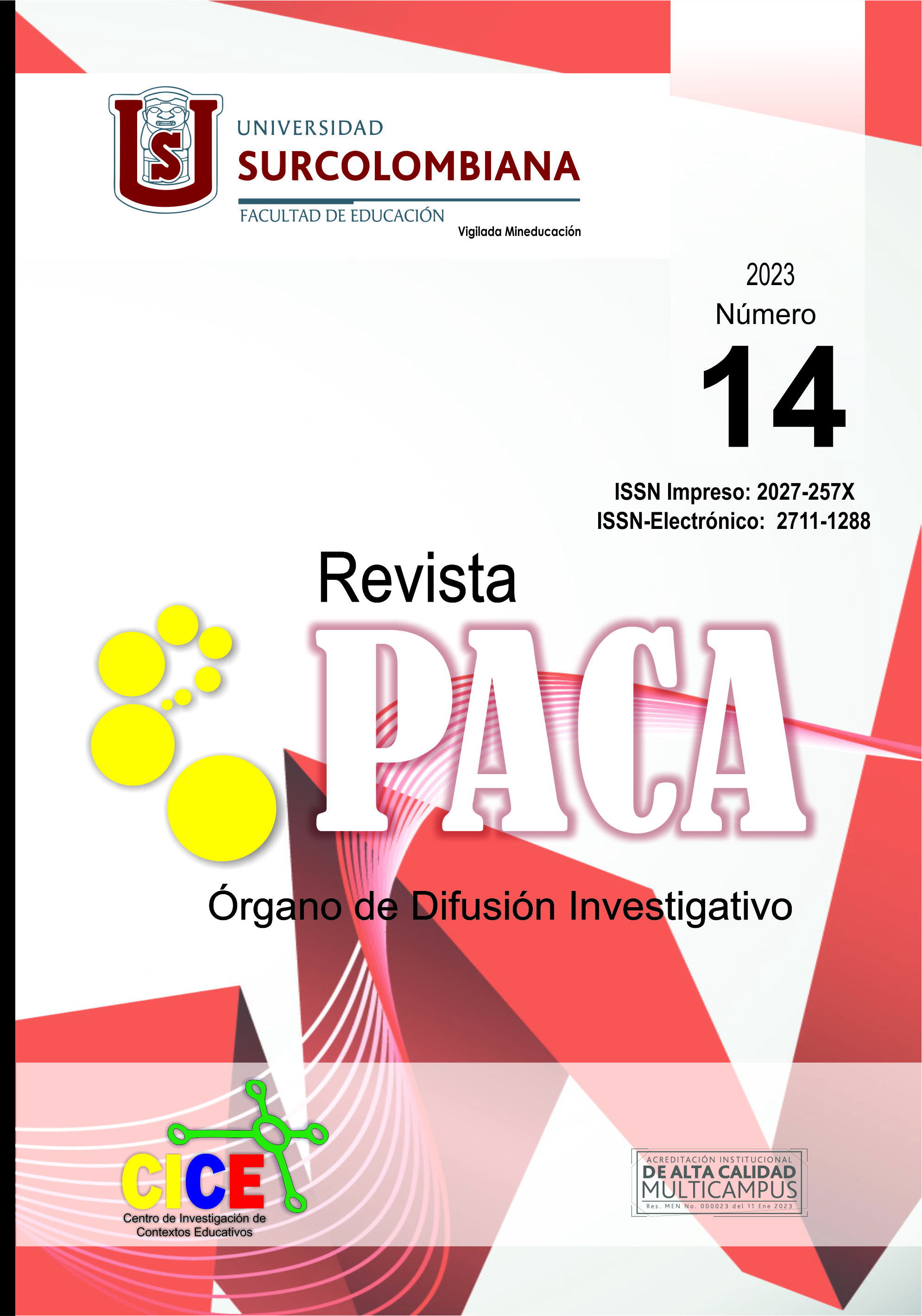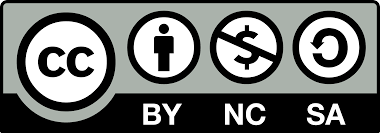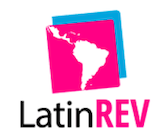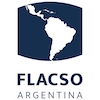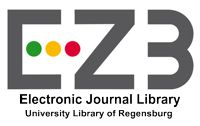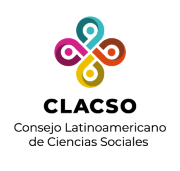Study on teaching practices in early childhood in a public educational institution
##plugins.themes.bootstrap3.article.main##
Initial education aims to promote the comprehensive development of children, provide spaces for quality socialization and contribute to training that allows them to acquire, build and share knowledge with their peers through teaching-learning processes and significant experiences. For this reason, all the curricular guidelines and regulations must be analyzed and appropriated by the different educational agents, in such a way that the lives of children are positively impacted, based on disciplinary and pedagogical knowledge where the nature is recognized. learning and social and cultural processes in early childhood.
In this context, the objective of the research was to characterize the pedagogical practices developed in the transition grade of a public educational institution in the city of Neiva, in which, in addition, the coherence between the pedagogical practices used and the curricular bases for initial and preschool education raised by the MEN.
The methodological nature of the research was of a qualitative approach with an ethnographic method and data collection techniques such as structured interviews, observation records and focus groups were used. Based on the findings of the field work with the different audiences (students, teachers, parents and administrators), the information was analyzed, conclusions and recommendations were established that allowed us to analyze and consolidate the nature of the pedagogical practices used by teachers in the transition grade of the institution under study.
Downloads
##plugins.themes.bootstrap3.article.details##
Alcaldía Mayor de Bogotá. (2013). Lineamiento pedagógico y curricular para la educación inicial en el distrito. http://www. sedbogota. edu.co/archivos/Educacion_inicial/Procesos_conjuntos/2011/Lineamiento_Pedagogico_ Curricular_Educacion_Inicial.pdf.
Bermúdez, V. M. P. (2021). Procesos de Pensamiento: ¿cómo desarrollarlos a través de la investigación en el marco de enseñanza para la comprensión (Epc)?. Revista PACA 11, pp. 91-105. https://journalusco.edu.co/index.php/paca/article/view/3286/4277
Congreso de Colombia. (8 de febrero de 1994) Artículo 15 [Titulo II]. Ley General de Educación. [Ley 115 de 1994]. https://www.mineducacion.gov.co/1621/articles-85906_archivo_pdf.pdf
Cohen Arazi L, García M, Berdecio Salvatierra D, Villa Nova S, et al. Estado de ánimo, emociones y conductas de los niños durante la pandemia de Covid-19 en la Ciudad Autónoma de Buenos Aires. Arch Argent Pediatr 2022;120(2):106-110. https://www.sap.org.ar/uploads/archivos/general/files_ao_cohenarazi_21-1pdf_1641838135.pdf
Cossio, J. (2014). Pedagogía y calidad de la educación: una mirada a la formación del maestro rural. Sophia, vol 10(1), pp. 14-23. http://www.scielo.org.co/pdf/sph/v10n1/v10n1a02.pdf
Cruz-Hernández, E., & Cruz-Cruz, C. (2017). El tratamiento al contenido personalidades históricas en la educación preescolar. EduSol, 17(61), pp. 16-26. https://www.redalyc.org/journal/4757/475753289013/475753289013.pdf
Chero-Pacheco, D. R., Magallanes-Taype, A., Castañeda, R. D. M., & Bohórquez, M. C. S. (2022). Limitaciones de la psicomotricidad en la etapa preescolar durante el Covid-19. Horizontes Revista de Investigación en Ciencias de la Educación, 6(22), pp. 187-193. http://www.scielo.org.bo/pdf/hrce/v6n22/a16-187-193.pdf
Expósito, C. D., & Marsollier, R. G. (2020). Virtualidad y educación en tiempos de COVID-19. Un estudio empírico en Argentina. Educación y Humanismo 22(39): pp. 1-22. DOI: https://doi.org/10.17081/eduhum.22.39.4214. http://revistas.unisimon.edu.co/index.php/educacion/article/view/4214
Gutiérrez Duarte, S., & Ruiz León, M. (2018). Impacto de la educación inicial y preescolar en el neurodesarrollo infantil. IE Revista de investigación educativa de la REDIECH, 9(17), pp. 33-51. https://www.scielo.org.mx/pdf/ierediech/v9n17/2448-8550-ierediech-9-17-33.pdf
Locasale-Crouch, J., Vitiello, G., Hasbrouck, S., Aguayo, Y. C., Schodt, S. C., Hamre, B., ... & Romo, F. (2016). Cómo medir lo que importa en las aulas de primera infancia: un enfoque sobre las interacciones educadora-niño. Pensamiento Educativo, 53(1).
López, N; Puentes, A. (2011). Modernización curricular de la Universidad Surcolombiana: integración e interdisciplinariedad. Revista Entornos, (24), pp. 103-122.
Ministerio de Educación Nacional. (1998). Serie Lineamientos Curriculares del Preescolar. https://www.mineducacion.gov.co/1621/articles-89869_archivo_pdf10.pdf
Ministerio de Educación Nacional. (2017). Bases curriculares para la educación inicial y preescolar. https://www.mineducacion.gov.co/1759/articles-341880_recurso_1.pdf
Ministerio de Educación Nacional. (s.f). Educación Inicial. https://www.mineducacion.gov.co/portal/Educacion-inicial/#:~:text=Es%20un%20derecho%20impostergable%20de,partiendo%20del%20reconocimiento%20de%20sus
Muñoz, F., Quintero, J., Munévar, R. (2014). Cómo desarrollar competencias investigativas en educación. 4ª ed. Bogotá: Editorial Magisterio.
Öfele, M. R. (2014). Juego, ternura y encuentro. Fundamentos en la primera infancia. Espacios en blanco. Serie indagaciones, (24), pp. 71-80. ISSN: 1515-9485. https://www.redalyc.org/articulo.oa?id=384539806006
Procuraduría General de la Nación. (8 de noviembre de 2006). Código de la Infancia y la Adolescencia. [Ley 1098 de 2006]. http://www.sipi.siteal.iipe.unesco.org/sites/default/files/sipi_normativa/codigo_de_infancia_y_adolescencia.pdf
Salguero, E., Pulido, J., Triana, F. (2017). La práctica pedagógica: estrategias y metodologías que transforman la educación. https://www.compartirpalabramaestra.org/actualidad/blog/la-practica-pedagogica-estrategias-y-metodologias-que-transforman-la-educacion
Zuluaga, O., Echeverry, A., Martínez, A., Restrepo, E & Quiceno H. (2003). Educación y pedagogía: una diferencia necesaria. En Zuluaga, O., Echeverry, A., Martínez, A., Restrepo, E & Quiceno H. Pedagogía y epistemología, pp. 21-40. Editorial Magisterio.


